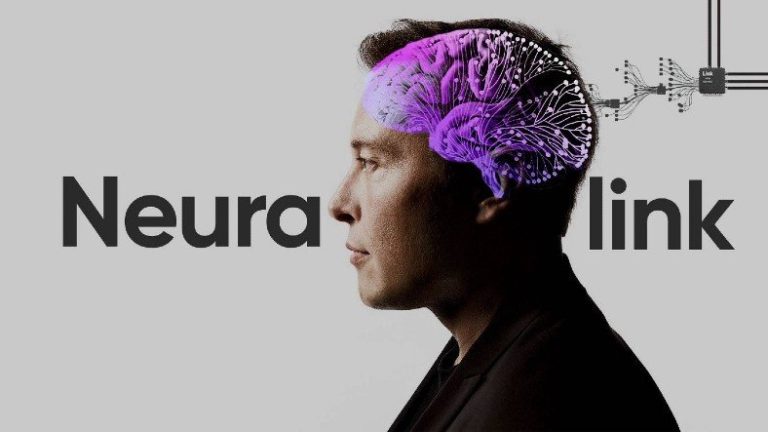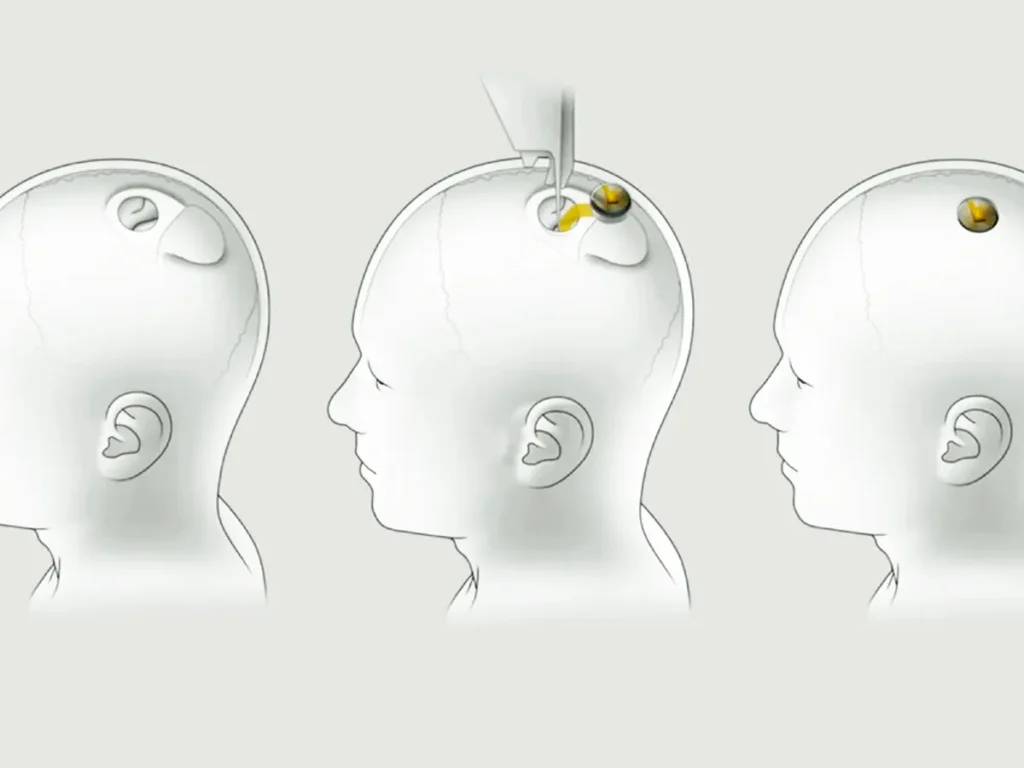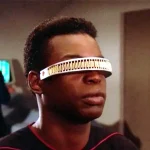The patient who first received Elon Musk’s Neuralink brain chip has fully recovered and can now move a computer mouse simply by thinkingwithout any physical movement. Elon Musk disclosed this groundbreaking update during an X Spaces event hosted by journalist Katherine Brodsky.
“Progress is good, and the patient seems to have made a full recovery, with no ill effects that we are aware of,” Elon Musk said during the X Space. “Patient is able to move a mouse around the screen by just thinking.”
This historic breakthrough places chips in human brains one step closer to real-world applications, marking a new era of human chip implant technology.
In January, Neuralink confirmed its first successful brain microchip surgery in a human. This achievement is the culmination of years of research conducted by academic laboratories and other companies to link brain to computers for solving disabilities and enhancing cognition.
How does Neuralink work?
TThe Neuralink brain chip uses ultra-thin, flexible electrode threads implanted by a robotic surgeon. The brain, made up of neurons that communicate with muscles and organs, sends signals picked up by these microchips in brain. The chip interprets those signals and turns them into commands—such as moving a mouse, typing, or operating a device.
‘It’s like replacing a piece of the skull with a smartwatch,’ Elon Musk has said.
This chip in the brain allows control of computers, smartphones, and even muscle movements without physical interaction.
What are the future goals of Neuralink’s brain implant?
While still early in development, Neuralink aims to use this brain chip technology to achieve several objectives:
- Restore mobility for quadriplegics and paraplegics through robotic limb control.
- Give sight to the blind by interfacing with optical implants or smart glasses.
- Enable typing and communication simply by thinking words.
- Treat brain diseases like Parkinson’s, dementia, and depression
- Ultimately boost human intelligence and cognition
The company has now received FDA approval for wider human implant chip trials that will further test the safety and performance of this technology.
Ethics and Neurorights
The future of brain microchips also raises ethical questions about mind privacy and autonomy. Global conversations around neuro-rights are increasingly relevant as we move into an age where human chip implants may become widespread.
This milestone in microchips in brain tech sets the stage for a future where Elon Musk’s Neuralink could reshape medicine, communication, and the human experience as we know it.





